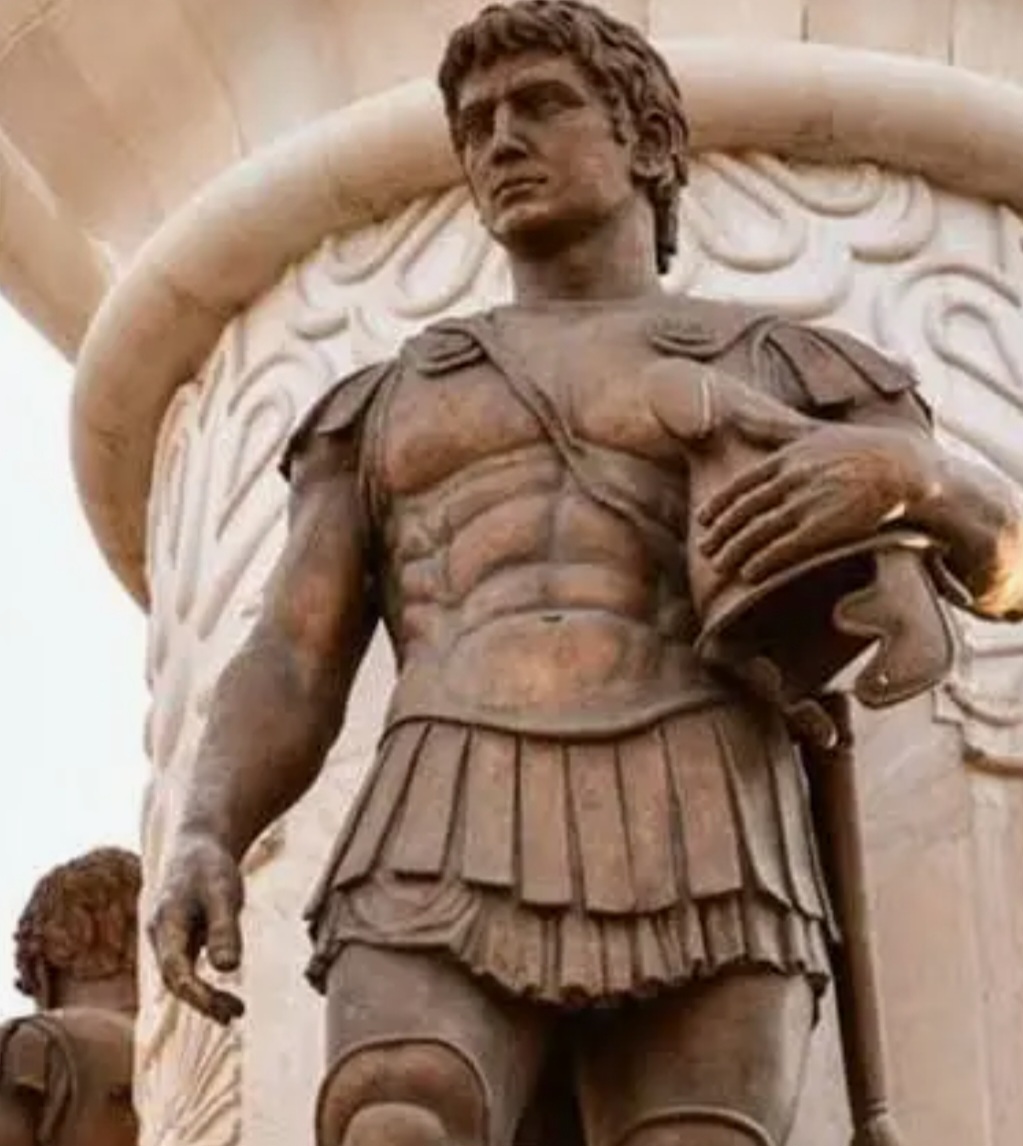At the age of 32 in June 323 BC, Alexander the Great fell ill in Babylon and died after a two-week febrile illness, though his exact cause of death remains unknown. Theories for his death range from poisoning, West Nile encephalitis, malaria, typhoid, or other infectious and non-infectious diseases. One intriguing theory by Dr. Katherine Hall suggests he may have suffered from Guillain-Barré syndrome, a neurological disorder that causes paralysis, leading to a diagnosis of death and a potential tragic accidental death during embalming.
Alexander’s Last Days
Illness: Alexander contracted a fever that developed into a severe illness.
Activities: Despite his illness, he continued to work and attend parties.
Death in Babylon: He died in Babylon, a significant city in ancient Mesopotamia.
Possible Causes of Death
Infectious diseases:
West Nile encephalitis and malaria are among the infectious diseases speculated to have caused his death.
Poisoning:
Rumors of poisoning circulated in ancient times.
Guillain-Barré syndrome:
This theory, proposed by Katherine Hall, suggests Alexander may have suffered from this autoimmune disorder, which causes paralysis.
Premature burial:
If Alexander had Guillain-Barré syndrome, he could have been mistakenly pronounced dead and subsequently buried while still alive.
Lingering Mysteries
Ancient accounts describe Alexander’s body showing no signs of decomposition for six days before his burial, leading to theories about his divine nature.
Modern medical investigators continue to debate and propose various diagnoses for the mysterious death of the powerful young king.
His empire covered areas that are now part of many modern nations, including:
Middle East: Turkey, Syria, Iraq, Iran, Afghanistan, and parts of the Levant like Egypt, Lebanon, Jordan, Israel, and Cyprus.
South Asia: He invaded parts of the Indian subcontinent, reaching modern-day Pakistan.
Cultural Impact:
His conquests helped spread Greek culture and language throughout the regions he conquered.
Why a Fixed Number Is Difficult
Varying Borders:
The concept of “countries” as we understand them today didn’t exist in the ancient world.
Focus on Empires:
His expansion was primarily focused on conquering existing empires and territories, rather than establishing distinct nation-states.
Legacy:
The number of “countries” is less important than the immense scale and influence of his empire, which reshaped the political and cultural landscape of the ancient world.












Leave a Reply